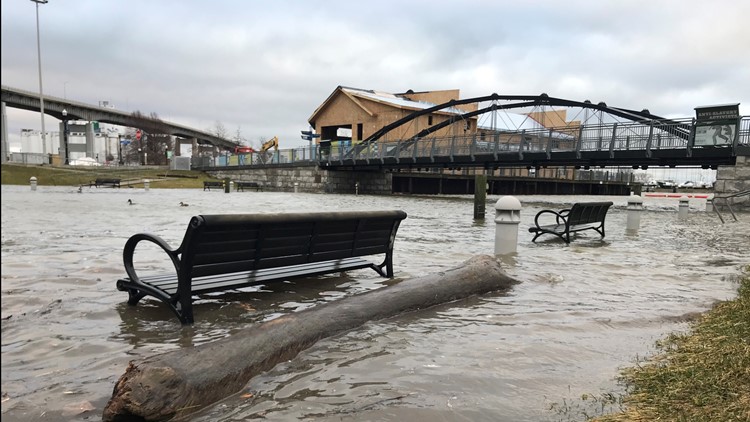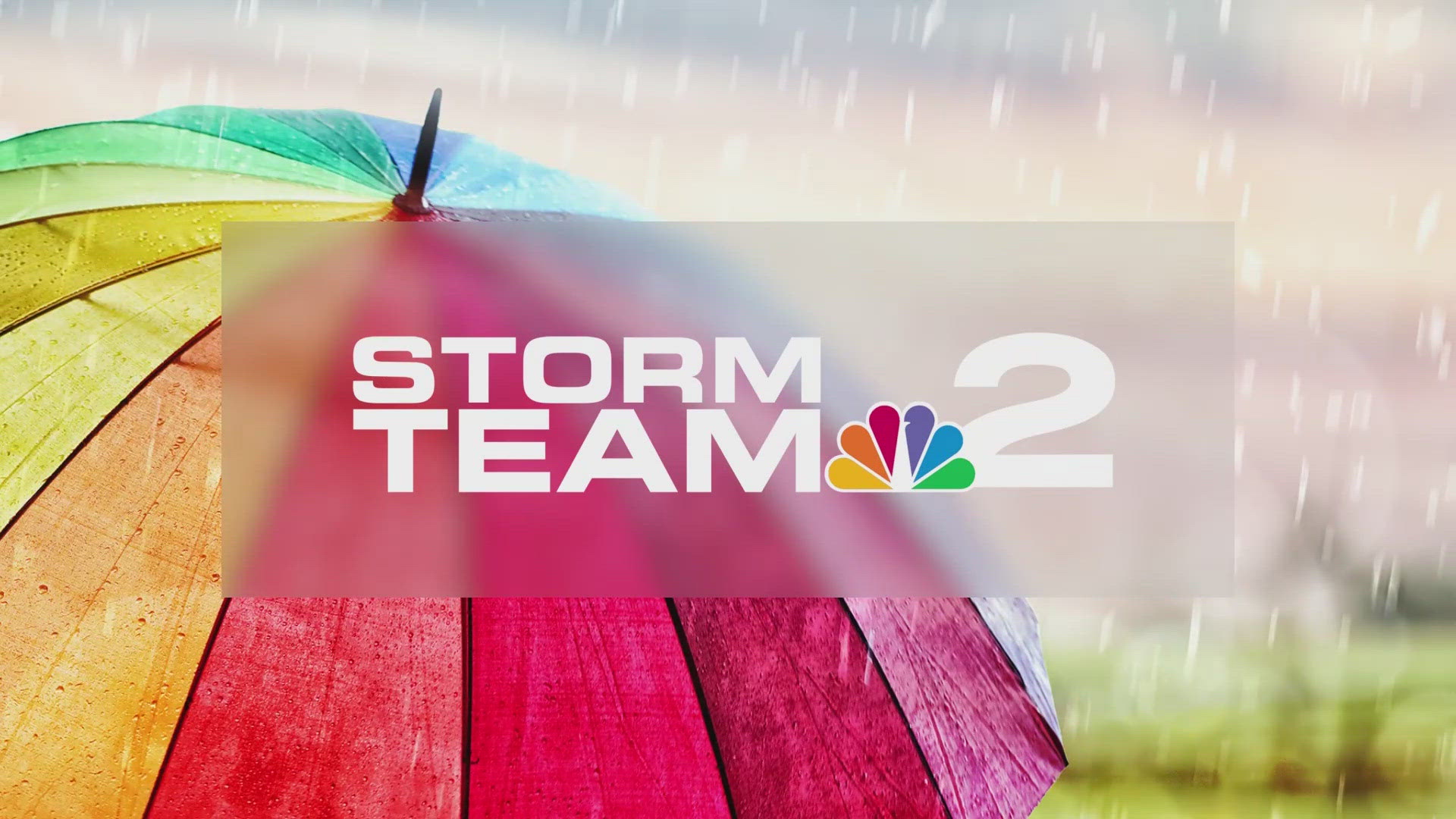BUFFALO, N.Y. — The National Center for Environmental Information (NCEI) released a new report stating, bluntly, "A Warming Earth is Also A Wetter Earth."
This comes as 2020 is on its way to being one of the warmest years globally on record and after the second wettest year for the United States in 2019. In fact, many climate records of the past 10 years globally have been related to either warmer temperatures, more rainfall or stronger hurricanes and alike systems.
It's a common misconception that a warmer climate would also mean a drier one. But clear evidents points to the opposite: a warmer atmosphere will more likely mean a wetter one. This is, in part, because of an increase in water vapor.
Water vapor is just as it sounds: water in vapor (gas) form. It's a naturally occurring gas in our atmosphere and plays a vital role in the global water cycle being one of the ingredients needed to create precipitation. As temperatures warm globally, the natural outcome is an increase in evaporation from bodies of water. This then leads to an increase in water vapor in the atmosphere. This study states that about a one degree temperature rise can lead to a 4 percent increase of water vapor in the atmosphere.
So the conclusion is there's more water vapor to fuel weather systems in a warmer climate. For the United States, this increase would impact midlatitude low pressure systems and hurricanes. If more water vapor is present during the evolution of midlatitude low pressure systems (weather systems with warm and cold fronts), this could lead to more precipitation per weather system. This has lead to the categorization of "big rain events" that have produced historic river flooding. And for hurricanes, an increase in water vapor has historically shown the potential for a stronger and more frequent storms.
So while the direct results of increased water vapor differ depending on the type of weather system, the impact on society does not. Flooding, high winds, strong thunderstorms and heavy snows all threaten life and property.



